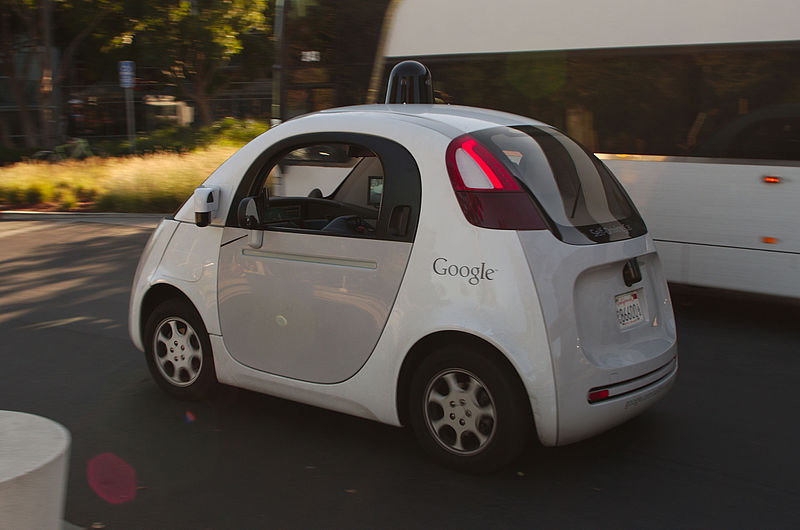Design and construction firms should keep abreast of the development of intelligent transportation systems (ITS), as the technology will have to be incorporated in physical infrastructure to realize its promise.
ITS, including self-driving cars, sensors, and other Internet of Things devices, must work in concert to reduce congestion on roads. The technology has to be able to communicate with city infrastructures and systems and with vehicles on the road.
Sensors must be embedded into new and existing roadways, buildings, posts, and signs that gather data from passing vehicles. ITS could also enable intelligent energy management platforms for buildings and cities through insights gleaned from traffic data.
ITS could also help firms identify new hot areas for retail or housing development based on spikes in traffic. In addition, when autonomous vehicles hit the roads in significant numbers, there could be less need for large parking lots and structures. It’s possible that some existing parking facilities could be repurposed for new buildings.
Related Stories
Codes and Standards | Apr 29, 2021
Dept. of Energy publishes energy savings analysis for ANSI/ASHRAE/IES Standard 90.1-2019
More than 4% savings for commercial buildings found for the updated code.
Codes and Standards | Apr 28, 2021
Building-integrated solar power turns buildings into power plants
Multiple alternatives could replace or complement rack-mounted PV arrays.
Codes and Standards | Apr 27, 2021
Ten real estate groups sign on to New York State’s high-rise decarbonization challenge
Each signee commits to carbon neutrality in one or more high-rise buildings it owns.
Codes and Standards | Apr 26, 2021
Dozens of companies, organizations call for Congress to double Energy Star funding
Despite broad support, program’s budget has steadily declined in recent years.
Codes and Standards | Apr 22, 2021
Alabama fire chiefs oppose proposal to change school building code oversight
Bill would move code compliance control from state to local boards.
Codes and Standards | Apr 21, 2021
After dry winter, California ramps up wildfire prevention efforts
State to spend half a billion dollars on projects including making buildings more fire resistant.
Codes and Standards | Apr 20, 2021
U.S. electric grid is halfway to zero carbon
Other sectors including buildings lag power industry.
Codes and Standards | Apr 19, 2021
Failed landmark preservation effort in Chicago provides lessons for planners
Gentrification fears heightened among Pilsen neighborhood residents doomed ambitious preservation plan.
Codes and Standards | Apr 14, 2021
New Phase 1 Environmental Site Assessment standard debuts in 2021
Will affect 250,000 commercial real estate deals a year.
Codes and Standards | Apr 13, 2021
British Columbia moves to accelerate mass timber construction
Province funds demonstration projects as part of economic recovery.

















